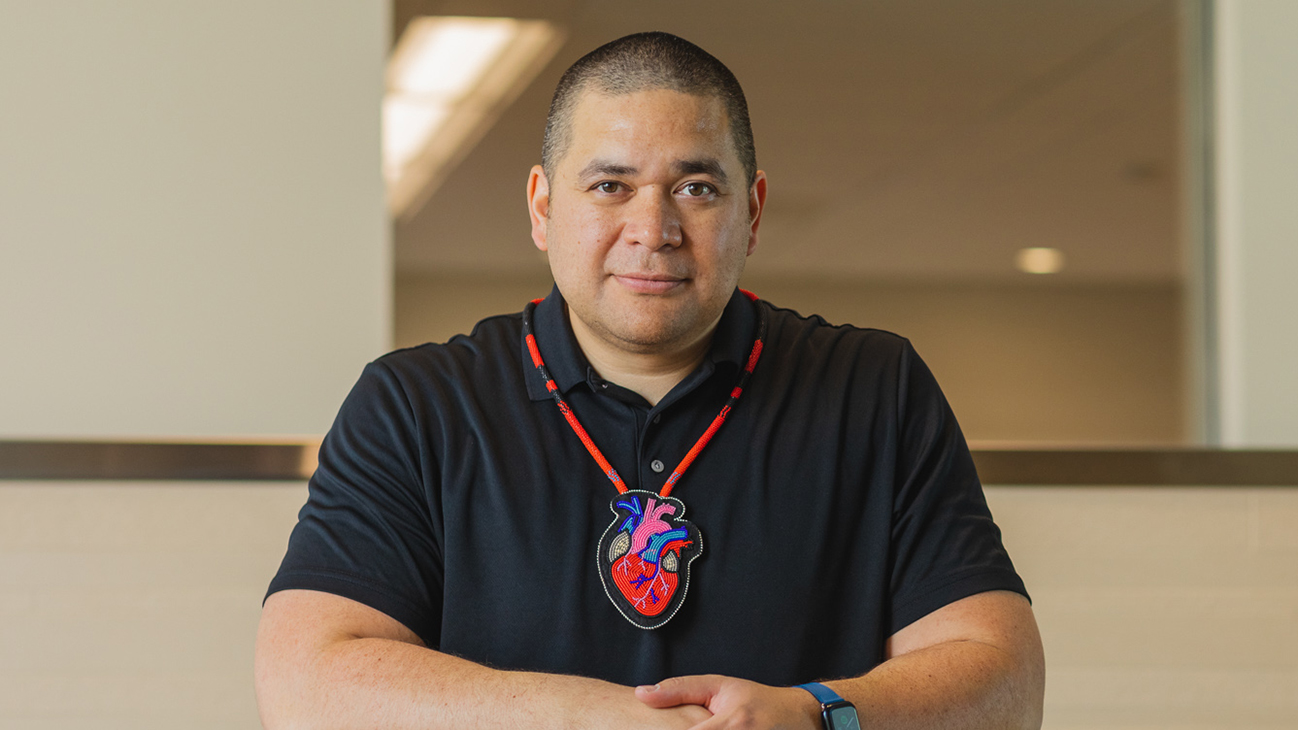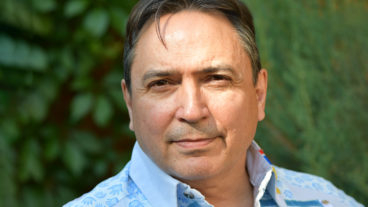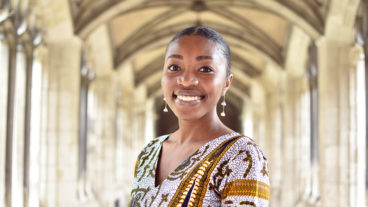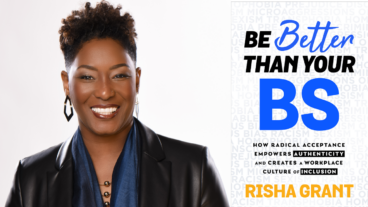The first Indigenous physician and youngest doctor to lead the Canadian Medical Association; the first Indigenous physician to be listed on The Medical Post’s 50 Most Powerful Doctors; the driving force behind the largest nominal Federal investment in healthcare since 2004 — Dr. Alika Lafontaine is a changemaker.
As a child, Alika was told that he would never graduate high school. At age 16, he became one of the youngest recipients of a prestigious undergraduate NSERC research grant. By age 28, he had completed his MD and a five-year fellowship in anesthesiology. And in 2023, he was named Maclean’s top Health Care Innovator.
Alika has been at the epicentre of healthcare system change for almost two decades. He’s behind one of the most ambitious Indigenous health transformation projects in Canadian history and several initiatives designed to transform health systems to better serve Canadians and Canadian physicians.
We were fortunate to sit down with Alika to learn more about him and his journey to becoming one of Canada’s most renowned healthcare leaders.
Speakers Spotlight: Your journey from being a young child told they would never amount to anything to being a national leader is extraordinary, how did your early challenges shape your determination and path to success?
Dr. Alika Lafontaine: So often, the things that drive us or shape us are those early experiences of discomfort and pain or pure joy. In my story, I had a very low point that drove me for a very long time. I wanted to prove people were wrong about me and create a different ending for myself.
I remember coming out of school that day when I was told that because of my learning disability, I would never be able to graduate high school; that my parents’ dream of all their children going to university was now impossible. It was devastating. I carried that with me for a really long time; that something was wrong with me and that the people around me could see those deficiencies.
My parents didn’t accept that label. That is what helped turn me around. I benefited from my home school experience and from my parents advocating for me. Those groups of educational professionals went from telling me that I had an irredeemable condition to saying that I’m gifted with all this opportunity in front of me.
It was a surreal experience that showed me how quickly people’s opinions of you can shift and that the stories we are told, don’t need to be the stories we end up writing for ourselves.
SpSp: What inspired you to pursue a career in medicine?
AL: I always had dreams of being a doctor, likely planted in my head by my parents. They always said that they wanted a doctor, a lawyer, and a dentist and they ended up with all three, which is pretty funny.
At the time, I didn’t have a lot of confidence that I could follow through on my mom’s dream, but I trusted her, and I had a series of very fortunate encounters with people.
In high school, I had a teacher whose final exam was to build an electric car. This helped me understand where my deficiencies were. I had trouble writing tests, but I could understand concepts and apply them. He helped me fall in love with science. Then at Saskatchewan Indian Federated College, which is now First Nations University of Canada, the dean of science grabbed me on the first day of class and made me sit in the front. He was very active with Indigenous kids and helped to nudge them along.
I actually applied to med school on a dare. I always wanted to, but I needed that extra nudge. Early on in my med school experience, I had a crisis. I was worried I couldn’t do well enough to make it through. I went to my professor to ask for help, and without even looking up at me, they said that if you fail first year, it doesn’t really matter. I was devastated. I happened to pass by the person in charge of the Indigenous access program. She asked what was going on and I just let it all out. She introduced me to the dean of the school and I would drop by their offices every week just to talk. Those two people are the reason I graduated.
My life is a series of lucky encounters that, combined with the love and expectations of my parents, guided me and I’m very grateful for it.
SpSp: You have a long list of accomplishments, which are you the proudest of? And why?
AL: The Indigenous Health Alliance immediately pops into my head. It started off with helping a small group of communities delve into what their story was, putting new words to the issues they were experiencing with healthcare, and growing it to 150 communities. I’m very proud of that work and it was so gratifying to secure that $68 million in funding for First Nations-led health transformation.
In terms of leadership positions, my favourite is the CMA presidency. The best part was getting to meet people. I was on the road for 200 days visiting every corner of the country. We had 6.6 billion views on social media, and we did 240 interviews in traditional media. It’s hard moving people into new ways of doing things, of being a part of change, but we were able to garner investment, change the conversation about healthcare, redefine physical burnout as a symptom of unhealthy work environments, and more.
One thing I brought to this role from the Indigenous Health Alliance is a strong belief that people are trying to do their best. Even when people seem to be doing something illogical, in some way it is logical to them. If we can understand that, understand them, then we can start changing the conversation.
People walk away from my keynotes feeling like they have a better grip on what they need to change and how to execute that throughout the systems they find themselves in.
Dr. Alika Lafontaine
SpSp: As a keynote speaker, what is the biggest question you help clients answer through your presentations?
AL: The biggest question up till now is, how system change actually works. I think we’re in an era where we’ve lost the ability to trust and communicate with each other. Instead, we pressure each other to adopt our ways of thinking when we should be seeking a variety of viewpoints to truly solve the problems at hand.
With so many problems and crises facing us, it’s hard to understand what the crux of these issues are. It doesn’t matter what it is — healthcare, affordability, etc. — we need to approach it holistically and determine what actually needs to be solved. That’s what I talk about in my presentations, sharing different approaches and illustrating them with real life experiences.
What I learned at the CMA is that with crises, though you never want to have them, they are opportunities. The more severe they are, the more we need to reflect on what we’re doing and if it actually works. The first year at CMA, it was obvious that what we were doing in healthcare wasn’t working so I made steps to change that.
People walk away from my keynotes feeling like they have a better grip on what they need to change and how to execute that throughout the systems they find themselves in. Because that’s what system change is, transforming people and how they behave. We can’t focus solely on the system themselves; it has to start with us.
SpSp: What’s inspiring you right now?
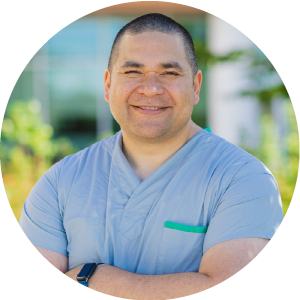
AL: More now than ever before, people are opening up to me. That connection has been a driving force for me. I joke around that people go into medicine thinking we’re going to change the world, and we quickly find that we can’t, no matter how hard we work. So, we do our clinical work and go elsewhere to heal our souls. That’s why so many people in the medical field volunteer their time. We know things are wrong based on our clinical experiences. We can’t change that, so we go elsewhere.
That’s one of the reasons why I was drawn to the CMA presidency role. I was told by so many colleagues that they weren’t being heard or listened to. I saw their pain and the pain that our patients were experiencing and I wanted to help.
Taking a break from my clinical practice to be apart of something that can actually drive operational charge has recharged me. I’m coming back inspired and feel refueled to continue my practice for decades to come.
As an experienced health leader, Dr. Alika Lafontaine speaks eloquently and passionately on the politics of healthcare, implementing and scaling equity, effective advocacy, and redesigning health systems.
Contact us to learn more about Alika and how he can help your audience learn how to better navigate systems towards change.

